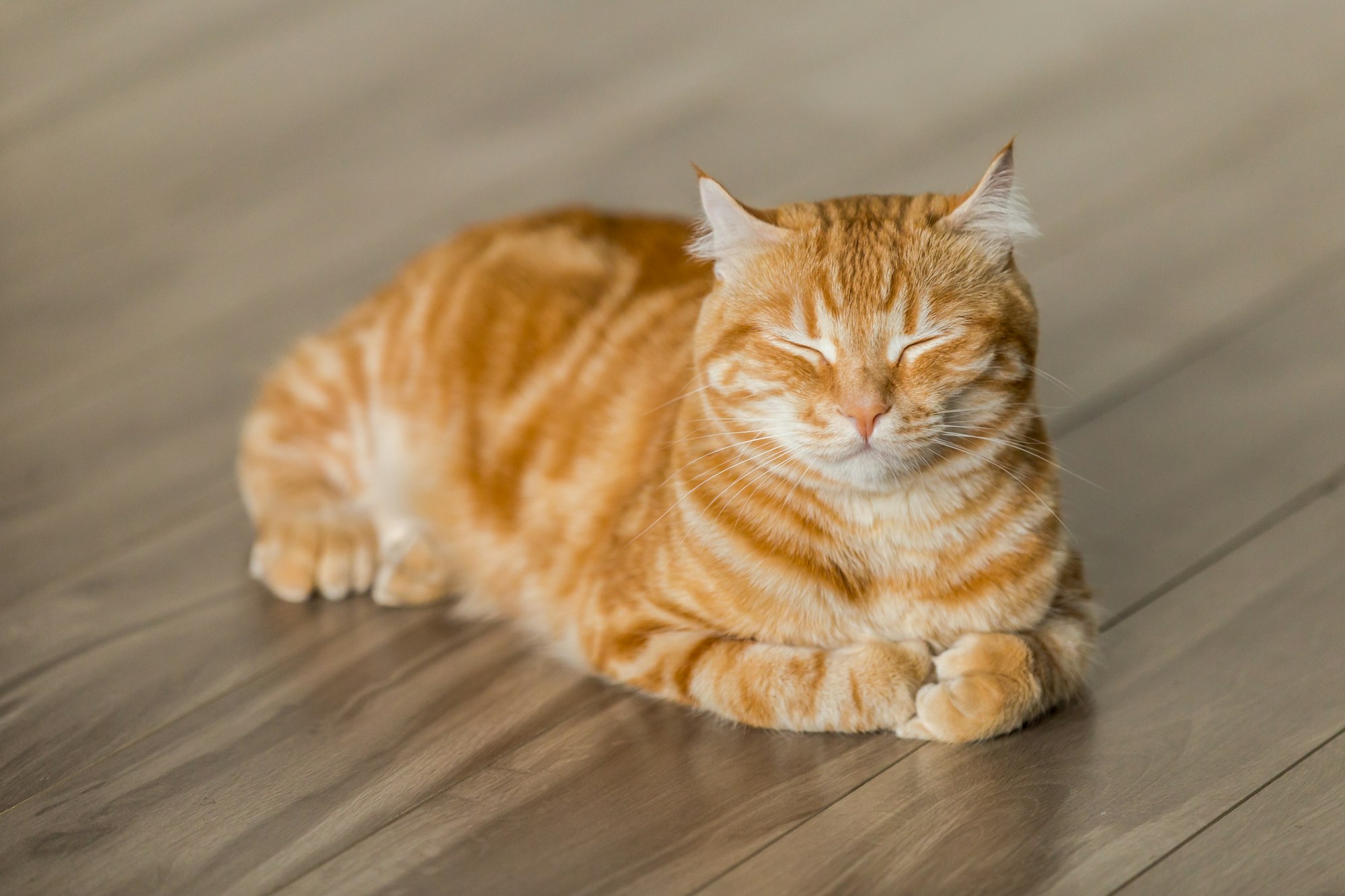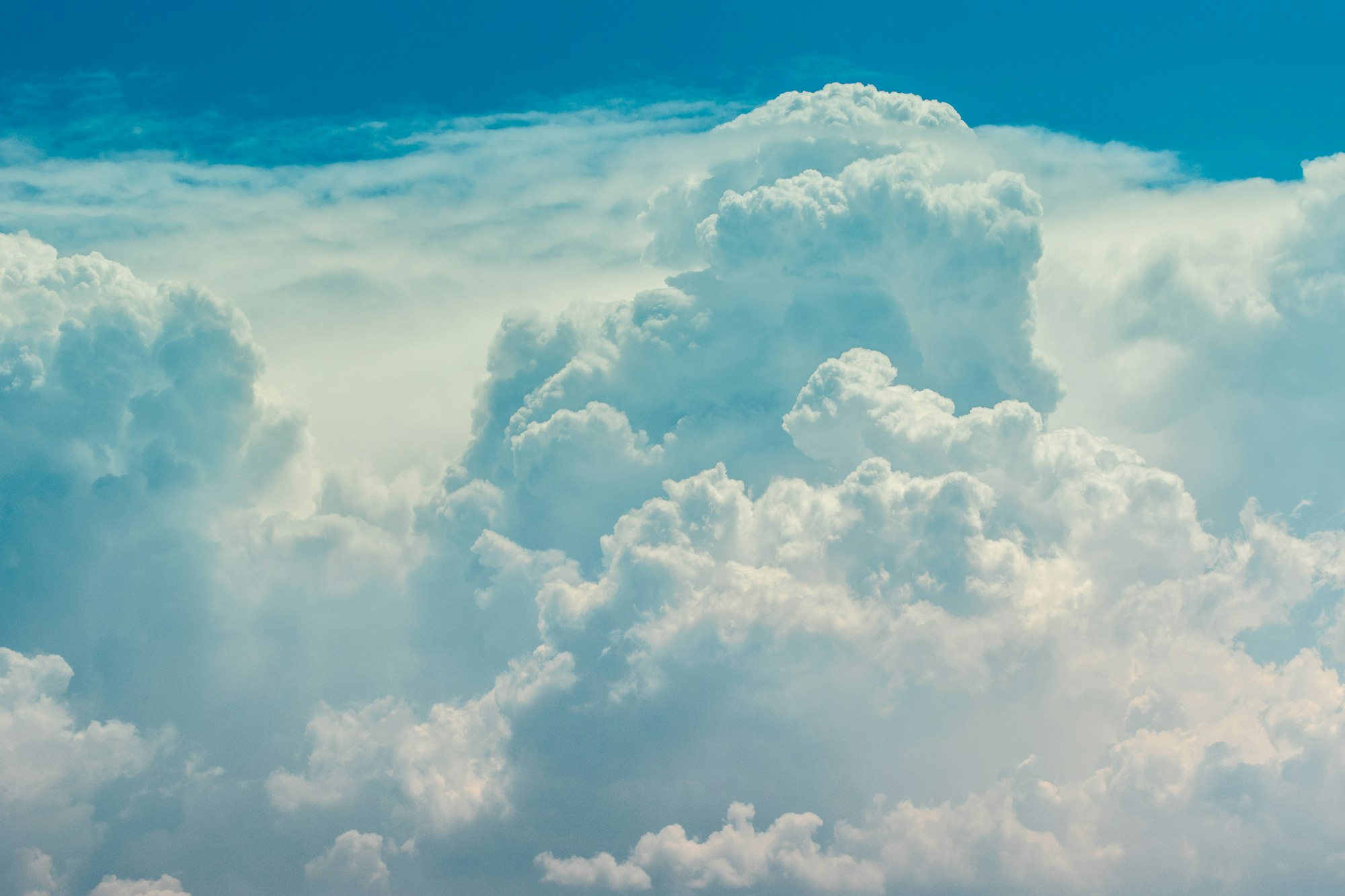Some days are just made to be lazy days.
You’ve got a day off work. Work has been relentless recently, and you just don’t have the energy for anything.
You can’t be bothered cleaning the fridge, going out to meet friends, or watching that Beginners Yoga video on YouTube that’s been on your list for ages. The most appealing places to be right now are either the sofa or the bath.
This is fine, right? You’ve earned it. But you just can’t shake that guilty feeling of needing to do something useful. It’s a common feeling, especially on Sundays.
You shouldn’t be feeling guilty, though. These feelings stem from outdated notions of non-stop work causing strength of character. It’s too simplistic a view.
In fact, it turns out that doing nothing is good for us. Here’s why (and how) you should dedicate more time to doing absolutely nothing.
Why is doing nothing important?
It’s not just resting and recharging our energies that’s important (although that is a considerable part of it).
Doing nothing is the opposite of doing something, which is what many of us are always trying to do. And that need for constant activity and stimulation stops us from reflecting on the things that are really important.
As The School of Life puts it in The Hard Work of Being Lazy, nothingness is the antidote to busy-ness:
"Busy people evade a different order of undertaking. They are practically a hive of activity, yet they don’t get round to working out their real feelings about their work. They constantly delay the investigation of their own direction. They are lazy when it comes to understanding particular emotions about a partner or friend. They go to every conference, but don’t get around to thinking what their work means to them; they catch up regularly with colleagues but don’t consider what the point of money might be. Their busy-ness is in fact a subtle but powerful form of distraction."
So when we’re taking some nothing-time, it may look like we're not accomplishing anything, but internally there’s a lot of important stuff going on.
Dealing with important reflections on life is one part of it. The other lies with creativity and idea generation; a critical part of both our business and personal lives.
When we’re brave enough to distance ourselves from immediate demands, we can come up with really rather good ideas.
Boredom brings brilliant ideas
As many of us know by know, some of life’s greatest ideas can come to us in the shower - where we’re deprived of stimuli and our mind gets to wander freely.
It’s no coincidence that this phenomenon has been studied by psychologists and neuroscientists.
In Bored and Brilliant: How Spacing Out Can Unlock Your Most Productive and Creative Self, author Manoush Zomorodi explains what happens when we’re free to daydream:
"When our minds wander, we activate something called the ‘default mode,’ the mental place where we solve problems and generate our best ideas, and engage in what’s known as ‘autobiographical planning,’ which is how we make sense of our world and our lives and set future goals. The default mode is also involved in how we try to understand and empathize with other people, and make moral judgments.
According to Dr. Jonathan Smallwood, professor of cognitive neuroscience and an expert in mind-wandering at the University of York, ‘In a very deep way, there’s a close link between originality and creativity and the spontaneous thoughts we generate when our minds are idle.’ In other words, you have to let yourself be bored to be brilliant."
So that tricky logistical problem that’s been bugging you might suddenly be solved when you’re sat in the garden, staring up at the clouds. It’s a powerful technique.
Are you convinced to start doing nothing yet?

What are the different kinds of nothing we can do?
It’s useful to consider the different types of nothing we can partake in. In decreasing order of strenuousness, they include:
Going for a walk
Wandering around aimlessly is actually more virtuous than it sounds. It's where our heart beats a little quicker than normal, our metabolism fires up, and we get to muse over whatever takes our fancy.
In the wise words of Rebecca Solnit, author of Wanderlust: A History of Walking:
“Musing takes place in a kind of meadowlands of the imagination, a part of the imagination that has not yet been plowed, developed, or put to any immediately practical use…time spent there is not work time, yet without that time the mind becomes sterile, dull, domesticated. The fight for free space — for wilderness and public space — must be accompanied by a fight for free time to spend wandering in that space.”
Countless studies of creativity and positive psychology have found walking to be a powerful generator of ideas and mental space.
It’s a fantastic idea. Especially if you take out the earphones and leave the podcasts for another day. Just be with your own mind for a while. You never know what problems you’ll solve.
Meditating
Meditation is highly popular as a way of sitting and doing ’nothing’, but really it involves doing something - focusing attention on something specific, like the breath, or the present moment. Meditation is highly intentional, which is why it’s so helpful in increasing our attention span, lowering anxiety and creating new neural pathways in the brain.
It’s powerful, but mentally quite strenuous, which is why people generally only do it for a few minutes at a time, rather than hours.
Watching TV, playing games or reading books
While these are a lot less strenuous than creative or physically challenging activities, they don’t really count as ’nothing’.
You at least have to listen to what people are saying to follow the multiple threads of a modern detective drama, which you'll know if you've ever tried to follow Making a Murderer while scrolling through your phone.
Books, of course, need mental energy and concentration to follow a narrative or train of logic. Graphic novels are a bit easier. Lazing around on a beach reading pulp fiction is an enjoyable thing to do, although it's not quite nothing.
As for gaming, it’s fun but demands a lot of focus. Racing a virtual rally car around a forest, dodging trees and rocks in Dirt Rally on my Xbox is a long way from being relaxing. It’s thrilling and enjoyable, but after a few races I need a lie down in a dark room.
Scroll through social media feeds on your phone
This one’s super low-effort. We do it all the time. But you don’t need me to tell you it’s not going to relax you. In the words of Jenny Odell, author of How to Do Nothing,
“In a situation where every waking moment has become the time in which we make our living, and when we submit even our leisure for numerical evaluation via likes on Facebook and Instagram, constantly checking on its performance like one checks a stock, monitoring the ongoing development of our personal brand, time becomes an economic resource that we can no longer justify spending on “nothing.”
If you can go on holiday without your phone, you can cope for a few hours at home with it switched off too.
Doing absolutely, totally, truly nothing
The one true nothing - just sit and be alive. Don’t do... just be. It's good for you.
